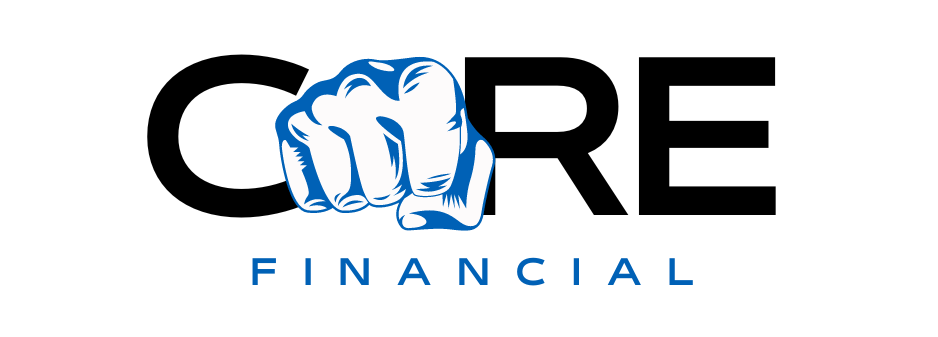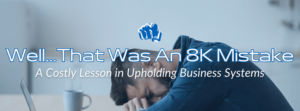The Three Types of Budgets: A Guide for Small Business Success
Budgeting (though a seemingly dull or sometimes overwhelming task) is a cornerstone of effective financial management, particularly for small business owners, new business owners, and solopreneurs. Understanding your financial limitations up front can give you the power to make smart choices and guide your business to success! So, let’s get to know the three types of budgets and how they can be used strategically in your business planning.

1. Operating Budget
An operating budget is your financial roadmap for daily business activities over a specific period (typically one year). It outlines your projected income and expenses, providing a detailed view of your business’s financial health.
Key Components:
- Revenue Projections: Anticipated income from sales of products or services.
- Operating Expenses: Costs essential to run your business, such as rent, utilities, salaries, and materials.
By meticulously planning your operating budget, you can allocate resources efficiently, anticipate cash flow needs, and identify areas to optimize costs. For example, if you foresee a seasonal dip in sales, you can proactively adjust your spending to maintain stability.
2. Capital Budget
A capital budget is concerned with your long-term investments and large expenditures that will bring advantages to your business in years to come. These may be buying equipment, investing in real estate, or initiating large projects.
Significance of a Capital Budget:
- Risk Assessment: Allows evaluation of the potential return on investments, aiding in financial feasibility analysis.
- Long-term Planning: Helps determine which projects are worth investing in, ensuring efficient resource allocation.

Having a capital budget in place allows you to budget for big-ticket items and consider funding sources, ensuring that your company is ready for expansion opportunities without sacrificing financial health.

3. Flexible Budget
A flexible budget is designed to adapt to varying levels of sales or production. Unlike static budgets, it adjusts based on actual business activity, providing a more dynamic financial planning tool.
Benefits of a Flexible Budget:
- Adaptability: Allows adjustments to expenses in response to actual revenue and activity levels, offering better control over expenditures.
- Performance Evaluation: Provides insights by comparing actual costs to budgeted amounts adjusted for actual activity, enabling accurate efficiency assessments.
This type of budget is particularly useful in industries with fluctuating costs due to changes in production or sales, such as manufacturing. It empowers you to remain agile, adjusting your financial plans to align with real-world conditions.
Choosing the Right Budget for Your Business
Selecting the appropriate budget(s) type depends on your specific financial goals and business needs:
- Operating Budget: Ideal for managing day-to-day expenses.
- Capital Budget: Essential for planning business expansions or major investments.
- Flexible Budget: Best suited for adapting to changing business environments.
By leveraging these budgeting strategies, you can maintain financial stability and position your business for long-term success. Remember, effective budgeting is not a one-time task but an ongoing process that adapts as your business evolves.
When You Need A Little More
At CORE Financial, we understand that each business is unique. Our CEO, Sharrin Fuller, emphasizes the importance of tailoring financial strategies to fit your individual circumstances. With her extensive experience in rapidly scaling businesses, Sharrin advocates for proactive and customized budgeting approaches to drive success.
If you find yourself looking for that extra hand, the CORE Financial Pros have got you covered. Reach out today at sales@corefinancialpros.com or for more information, take a look at what we offer small business owners here.






